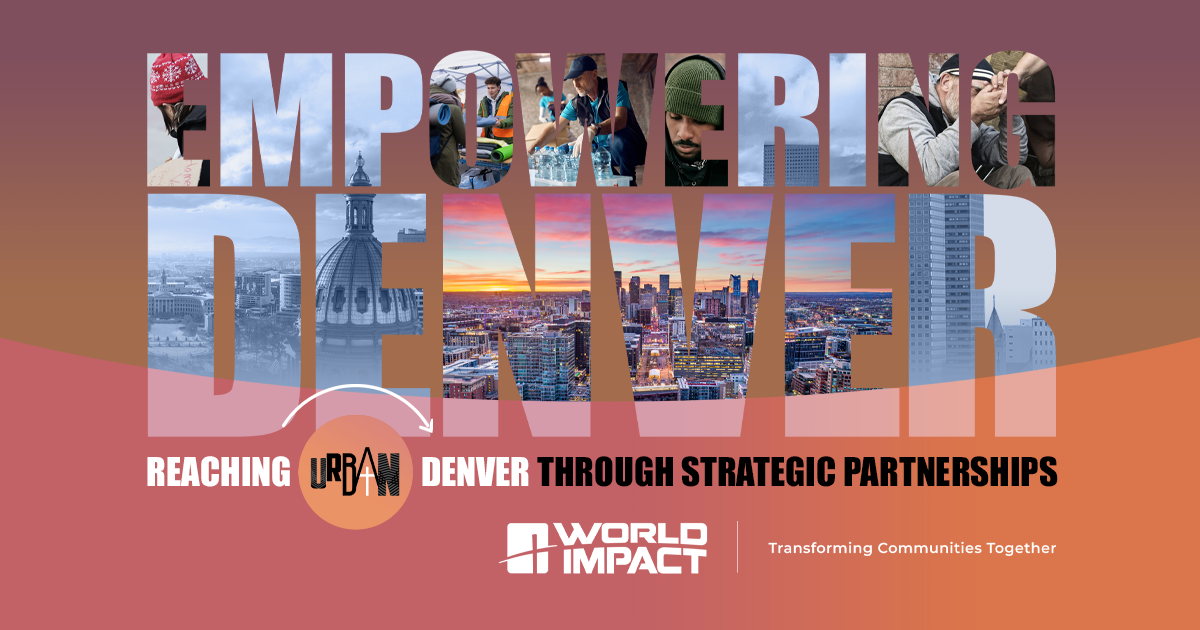I just finished serving as the moderator for Exponential’s webinar on Race and Justice, which originally took place at the National Conference in Tampa last month. As I listened to the panel of ministry leaders discussing the recent murders of unarmed African-Americans by police —and in some cases the riots that followed—it reminded me how important it is for the Church to lead regular conversations on race and reconciliation. For this to happen, two things must be addressed.
First, we must create opportunities for Post-Black and Post-White spaces of conversation. The White Church must get beyond its avoidance or apathy of having conversations about race. I am so hopeful by the number of one-on-one conversations I’ve been having with White pastors and lay leaders who want their congregations to figure out how to put on forums to begin racially reconciling discussions. The Church can’t play a role in advancing the Kingdom of God in a divided land. There must be on-going and prayerful conversations about what divides us. Churches that are predominately Black, Asian, and Hispanic must be willing to serve as teachers, mentors, and bridge builders when it comes to these types of conversations.
As a product of the Black Church, I know that race conversations have been going on for a long time internally and, in many cases, reconciling conversations have been taking place externally. Over time this can cause some to grow weary and lose patience on the road toward reconciliation and righteousness. Yet, no matter how long the journey, we must not give up until we reach the destination, even if that destination isn’t reached in our lifetime. I am where I am today because of those who came and fought lovingly for change before me. In this spirit, I must fight nonviolently and lovingly for those who will come after me.
The second thing that must be addressed in order for racially reconciling conversations to take place is recognizing that biblically, reconciliation and justice go hand and hand. I have learned this theologically from the likes of Martin Luther King Jr., J. Deotis Roberts, John Perkins, Debbie Blue, Brenda Salter-McNeil, and Tom Skinner. Christ is the ultimate reconciler because He deals with individual and systemic sins through His death and resurrection. National and individual sin separates humanity from God. Another way to state this is that sins within souls and systems of humanity created a gap that could only be closed through a Supernatural Savior and Liberator. Christ brings about true reconciliation and justice, and when He returns, all of creation will reflect this reality. The Church cannot truly be reconciling without also being the Church of Kingdom compassion, mercy, and justice.
Though it is not easy, we must jump into racially reconciling conversations. The Church must lead the way. Allow God to direct and empower you to serve as the solution to the divided and broken world around you.
From Efrem's blog page.

